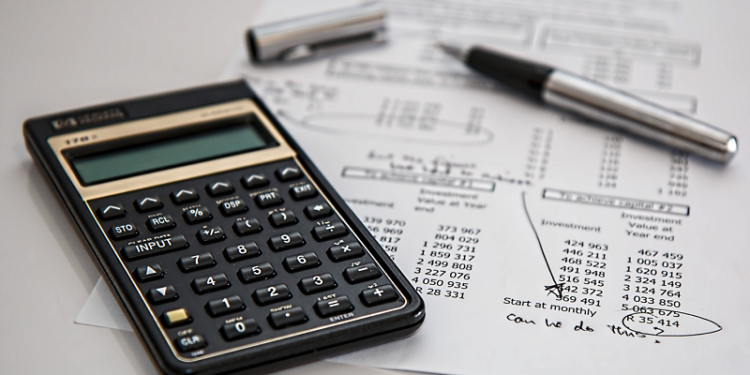It can be exceedingly difficult when we handle (or try to handle) our finances. Even if you are simply running a household and have various expenses on your hands, it can be a real challenge. But there’s a way you can make things easier: by relying on a professional. By this, we mean either an accountant or a bookkeeper. But are there differences between the two? The short answer is, of course, there are! An accountant and bookkeeper can provide a whole different set of services, although an accountant can often provide more – which is quite useful whether you have certain business needs or your needs are purely personal. But what are the differences between an accountant and a bookkeeper? Here’s what you need to know.
The general differences
Bookkeepers are responsible for the day-to-day financial transactions of a business, which can be the recording of income and expenses, the reconciling and balancing of bank accounts, and the managing of accounts payables and receivables. In addition, they typically work with accounting software to keep track of financial data gathered and prepare financial reports.
Accountants, on the other hand, have a broader scope of responsibilities. As central London accountants such as those provided by companies such as www.gsmaccountants.co.uk confirm, accountants may still perform some of the tasks similar to a bookkeeper, but they can also provide more strategic financial guidance and advice to businesses. For instance, they could help you with tax planning, the creation of financial statements, and the offering of guidance on forecasting and budgeting.
The degree of education and qualifications
One of the biggest differences between bookkeepers and accountants is their level of education and professional certification. In the UK, for example, bookkeeping is not a regulated profession – which means that anyone can call themselves a bookkeeper without any formal training or qualifications. However, many bookkeepers pursue certification through professional bodies such as the AAT, or Association of Accounting Technicians, or the ICB (the Institute of Certified Bookkeepers).
In contrast, becoming an accountant in the UK requires higher education and professional certification. The most common route to becoming a qualified accountant is to obtain a degree in accounting or a related field, followed by further study to gain a professional accounting qualification such as the ACCA (Association of Chartered Certified Accountants) or the Institute of Chartered Accountants in England and Wales (ICAEW).
The services performed
Another main difference between bookkeepers and accountants is the kind of work they perform. While bookkeepers focus primarily on managing and recording financial transactions, accountants are more concerned with the analysis and interpretation of financial data so they can provide strategic advice to businesses.
For example, a bookkeeper might record a business’s daily sales and expenses in a software programme (such as QuickBooks or Xero), reconcile bank accounts to ensure accuracy and develop reports such as balance sheets and profit and loss statements. Meanwhile, an accountant might use that same financial data to give advice to a business owner on how to minimise their tax liability, improve cash flow, or make strategic investments,
Regarding their salary, accountants often earn more than bookkeepers due to their higher education and expertise. According to data from the AAT, the average salary for a bookkeeper in the UK is around £24000 annually, while a qualified accountant can expect to earn closer to £40000 annually.



























